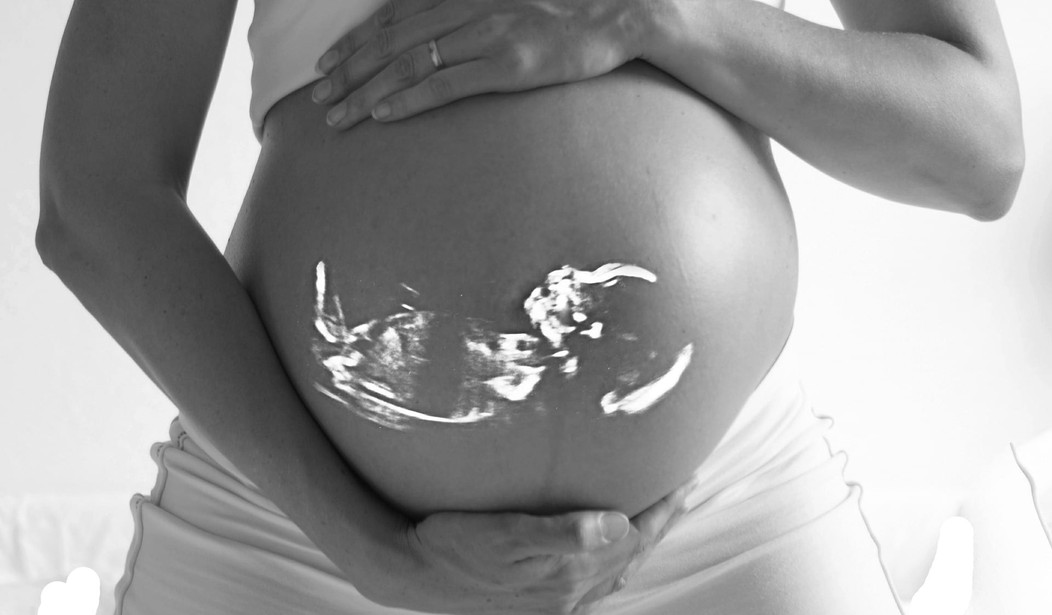On Wednesday, Rhode Island became the latest liberal state to reverse pro-life laws and codify the broad access to abortion established under Supreme Court precedents stemming from Roe v. Wade (1973). It follows similar legal efforts in New York, Virginia, and Illinois. Like the New York law, the Rhode Island law also removed protections for wanted babies killed inside their mother’s womb. The law allows abortion up until birth in cases where a doctor claims the pregnancy damages a woman’s health. These radical provisions are out of step with the opinions of Rhode Island voters.
“Fundamentally this bill is about health care,” Gov. Gina Raimondo (D-R.I.) said as she signed the bill Wednesday. “It’s about protecting and providing access to health care for all the women of Rhode Island.”
H.B. 5125, the “Reproductive Privacy Act,” stipulates that “Neither the state, or any of its agencies, or political subdivisions shall restrict an individual person from preventing, commencing, continuing, or terminating that individual’s pregnancy prior to fetal viability.” No Rhode Island government shall “restrict an individual person from terminating that individual’s pregnancy after fetal viability when necessary to preserve the health or life of that individual.”
Fetal viability refers to an unborn baby’s ability to survive outside the womb, and modern medical advancements have pushed viability back even before 24 weeks of pregnancy. The law allows the “attending physician” to make the viability judgment, and abortionists have an incentive to define viability as late as possible.
According to the new law, the government may not restrict abortion before viability for any reason. After viability, the government must allow abortion in cases involving a threat to the mother’s life or health. Like viability, health is a nebulous term left to “the medical judgment of the physician.” In other words, an abortionist may claim that abortion is necessary, even up to moments before birth, to help a woman’s psychological health.
Unlike the monstrous comments from Gov. Ralph Northam (D-Va.), who said that even a baby who survives a botched abortion and is born into the world may be killed if that is the wish of the baby’s mother, the Rhode Island law does not strike down laws mandating that doctors care for babies born alive in botched abortions.
The law does strike down protections for wanted babies who are killed when a pregnant mother is assaulted, however. If someone physically assaults a pregnant mother and causes her baby to die, Rhode Island law once deemed such an act a “fetal homicide.” Under the new law, such an act would be considered felony assault. While such an act still receives hefty penalties, the removal of the baby from the legal calculus has a clear dehumanizing effect, even in cases where the mother wants her baby. New York’s radical abortion bill had a similar provision.
This provision, in the name of protecting abortion by dehumanizing the unborn, actually harms aggrieved mothers who do not receive justice for the deaths of their unborn children.
The law also strikes down the old legal requirement that a pregnant mother’s spouse be notified before an abortion takes place. This invalidates any father’s claim to save the life of his unborn son or daughter.
Finally, the law strikes down prohibitions on the barbaric practice of partial birth abortion — causing the baby to be partially born before killing him or her.
According to a poll conducted in April and May by the Susan B. Anthony List (SBA List), a strong majority of Rhode Island voters oppose allowing abortion up until birth.
A full 73 percent of Rhode Island voters said they oppose late-term abortions, including 63 percent of Democrats, 77 percent of Independents, and 89 percent of Republicans. When told that the legislature was considering a bill that would allow abortions up until birth for any reason, 77 percent of Rhode Island voters said they would oppose such a law.
Majorities of Democrats (69 percent) and Independents (79 percent) said they would oppose such a law. The vast majority of women (80 percent) said they opposed allowing abortions up until birth, as did 62 percent of self-described pro-choice voters.
To some degree, liberals could argue this poll is deceptive. After all, an abortionist must claim that killing the unborn baby after viability is necessary for the mother’s health. However, the broad interpretation of “health” that includes mental and psychological health arguably does represent a blank check.
This poll illustrates the true complexity of the abortion debate. While many Americans identify as “pro-life” or “pro-choice,” most oppose the kind of late-term abortion this Rhode Island law allows. Too often, the binary nature of the debate blinds political leaders from the true popularity of abortion restrictions. In fact, a whopping 65 percent of Americans oppose the specific provisions of the legal status quo under Roe v. Wade.
Democrats are not likely to restrain their abortion advocacy despite these polls, because they believe the simpler narrative that most Americans identify as “pro-choice.” Behind that nebulous label, however, Democrats’ increasingly radical pro-abortion position is alienating voters who want common-sense restrictions on the practice of killing unborn babies.
Follow the author of this article on Twitter at @Tyler2ONeil.









Join the conversation as a VIP Member